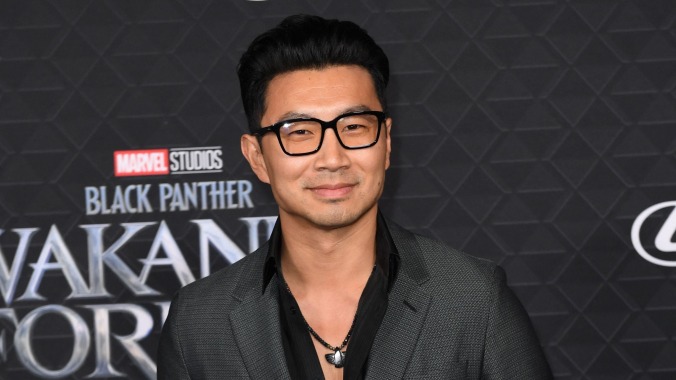Simu Liu responds to Quentin Tarantino's Marvel comments
The Shang-Chi And The Legend Of The Ten Rings actor praises Disney's "sustained efforts to improve diversity onscreen"

The Marvel discourse is far from over. After Quentin Tarantino said that the comic book series had changed the modern movie star, Shang-Chi And The Legend Of The Ten Rings actor Simu Liu took to Twitter to defend his job.
“If the only gatekeepers to movie stardom came from Tarantino and Scorsese, I would never have had the opportunity to lead a $400 million plus movie,” he wrote. “I am in awe of their filmmaking genius. They are transcendent auteurs. But they don’t get to point their nose at me or anyone.”
Before becoming part of the biggest franchise in the world, Liu was primarily known for the Canadian sitcom Kim’s Convenience. He made his debut in the Marvel Cinematic Universe last year.
“No movie studio is or ever will be perfect,” Liu continues. “But I’m proud to work with one that has made sustained efforts to improve diversity onscreen by creating heroes that empower and inspire people of all communities everywhere. I loved the ‘Golden Age’ too.. but it was white as hell.”
Tarantino’s statement may have proven particularly provoking because of the writer and director’s various controversies regarding race throughout his career. Kill Bill has long been the subject of debate, and just last month, Meghan Markle cited the 2003 release as “[presenting] these caricatures of women of Asian descent as oversexualized or aggressive” on her podcast Archetypes.
Back in 2019, the Pulp Fiction director was further criticized by many Asian American cultural commentators for his interpretation of Bruce Lee in Once Upon A Time In Hollywood, which was widely considered to be disrespectful. The martial arts legend’s daughter Shannon described the portrayal as “directed to be a caricature.” Though Liu seemingly did not weigh in on the contentious scene at the time, Lee was a primary inspiration for Shang-Chi when Marvel Comics created the character in the ’70s.